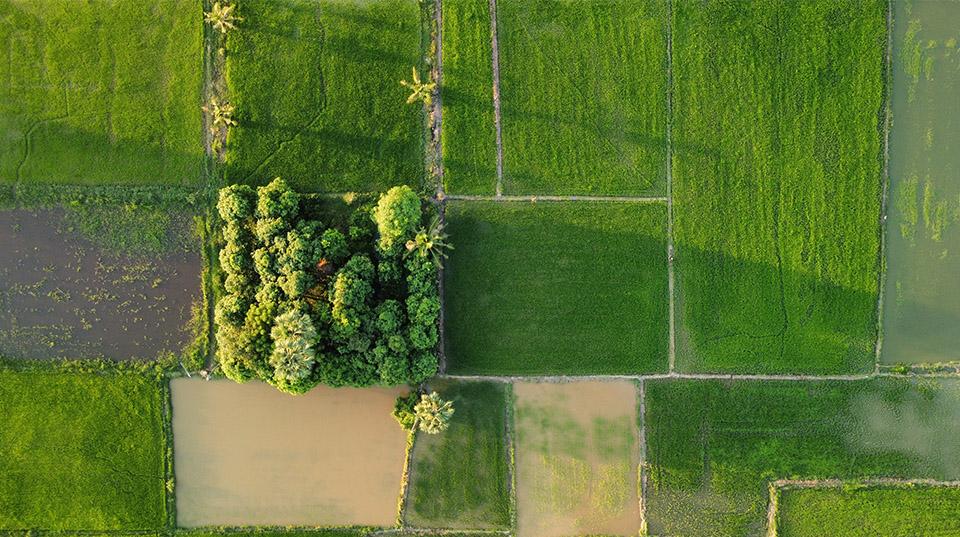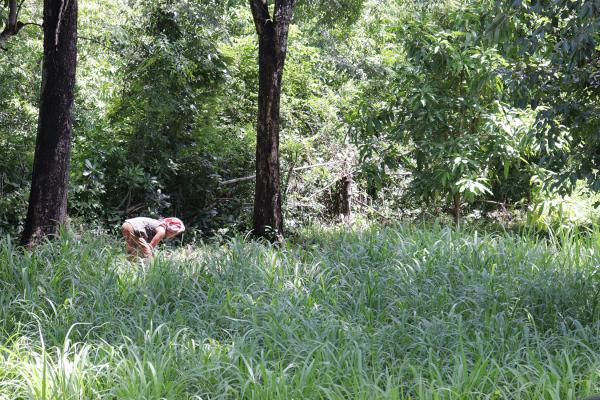Overview
This project aims to understand the importance of forest plants in the diet and health of Cambodian people and how exposure to agricultural chemicals might threaten this.
Findings from this research will be used to inform government of Cambodia about the importance of forest conservation and the impact of chemical use by highlighting how both contribute to the health and wellbeing of local people.
By combining data on the nutritional composition and chemical composition of forest versus agricultural plants and measuring malnutrition in children whose diet contains forest plants versus those that do not, we can better understand the importance of forests in North-eastern Cambodia for the wellbeing and health of children and other Cambodians. We can also better understand how agricultural chemicals are impacting the diets and health of Cambodians.
Expected project outcomes
- Creating databases of (a) plants in Cambodian forests that are relied on for food and medicine, and (b) nutritional compositions (macro and micro-nutrients) of most consumed vegetables and fruits, and medicinal compounds of wild plants that use for traditional medicines.
- Understanding the level or types of chemical contamination in food where households consumed.
- Measuring the level of malnutrition (underweight and wasting) of children aged 7-9.
- Understanding (a) the main cause of nutrition deficiency, and (b) the main sources of income.
- Understanding cost effectiveness of agricultural production and trade-offs between local farmers' food security, malnutrition and use of pesticides and chemical fertilizers.
- Training local villagers about the dangers of pesticides and the benefits of protecting forest landscapes.
This project is part of the ACIAR/IDRC Research Program on One Health (AIRPOH) —a partnership between ACIAR and Canada’s International Research Development Centre. The program forms a portfolio of interconnected projects throughout East and South-East Asia supporting research that will have a transformative impact on human, animal and environmental health.





